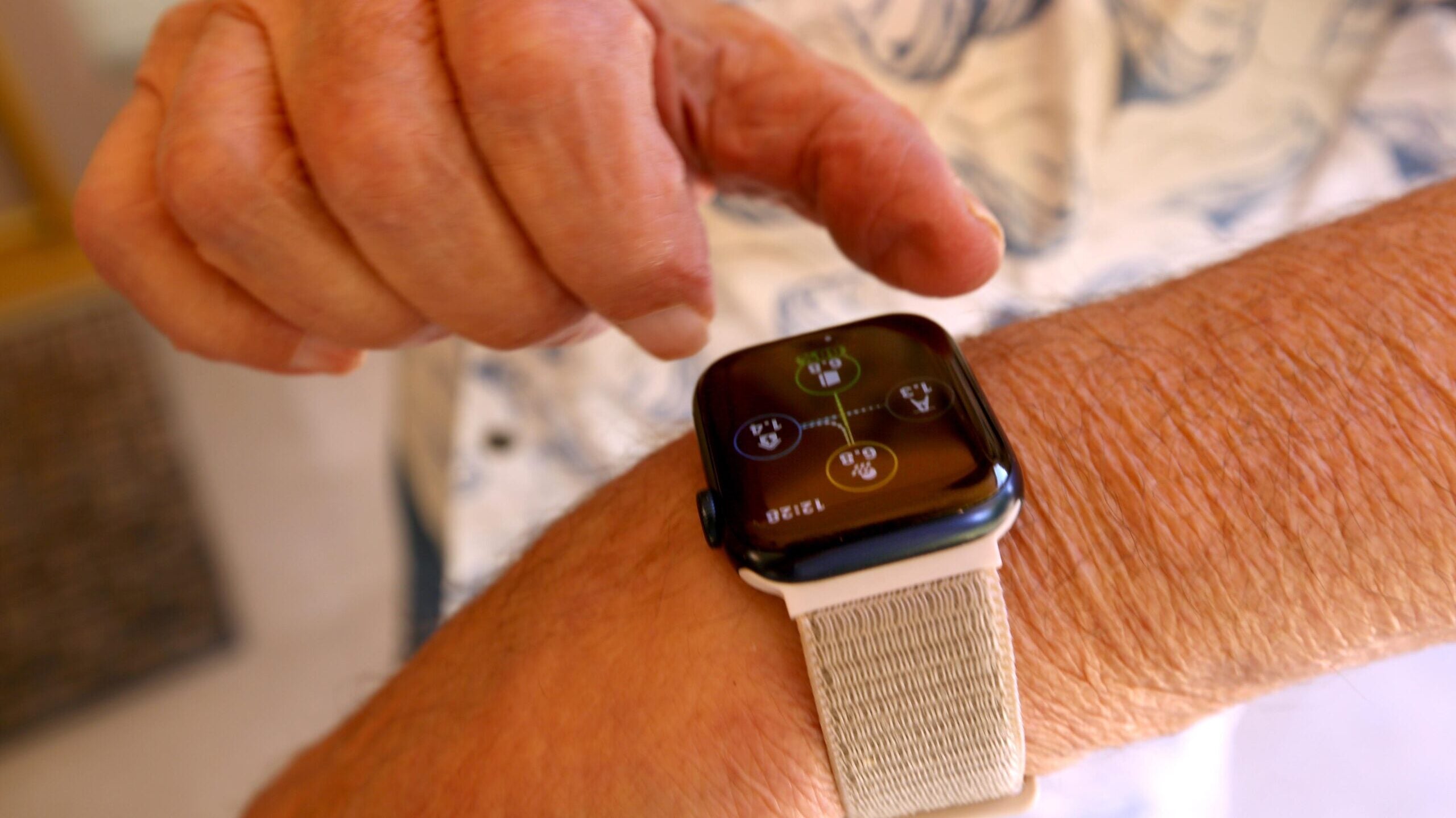Study: Watches may track steps but also are hubs for bacteria
BOCA RATON, Fla. (WISH) — Anyone who wears a watch, fitness tracker or one of those inspirational fundraising wristbands may want to think of themselves as health care workers scrubbing in for surgery the next time they wash their hands and wrists, as the case may be.
That could be one takeaway from a study released in June that examined the bacteria that may be hitchhiking on wearable devices on a daily basis.
Researchers from Florida Atlantic University cultured bacteria from the personal items of 20 different people who wore wristbands made of plastic, rubber, metal and cloth. The goal was to determine any possible correlation between the material and the prevalence of bacteria that could harmful to health.
The researchers also tested three common household disinfectants to find what was most effective for disinfecting.
The study’s results were published Thursday in the journal Advances in Infectious Diseases.
The study’s authors wrote that “wrist devices, such as smartwatches and fitness trackers, are often worn during activities — while sweating, swimming, holding animal pets or even sleeping. However, they are often not sanitized regularly, and can thus be an important fomite for bacterial transmission and infection.”
Swab samples from the 20 wristbands came from anonymous volunteers who went about their daily activities that ranged from working at a desk, exercising in gyms, working with dogs in a veterinary clinic and firefighting.
The research concluded that the majority of wristbands were contaminated and that higher bacterial counts were found on rubber and plastic versions. Only metal bands had little to no bacteria.
When it comes to cleaning your accessory, the study found that using a product such as Lysol Disinfectant Spray or 70% ethanol for at least 30 seconds is highly effective.
Researchers also studied a more natural option of apple cider vinegar but found it required two minutes of exposure to achieve the same kill rate.
“The ability of many of these bacteria to significantly affect the health of immunocompromised hosts indicates a special need for healthcare workers and others in hospital environments to regularly sanitize these surfaces,” the authors wrote in the study’s conclusion.
These researchers have suggested that similar studies be performed on popular possessions including earbuds and cellphones, with special emphasis related to the devices on health care workers in hospital environments.
